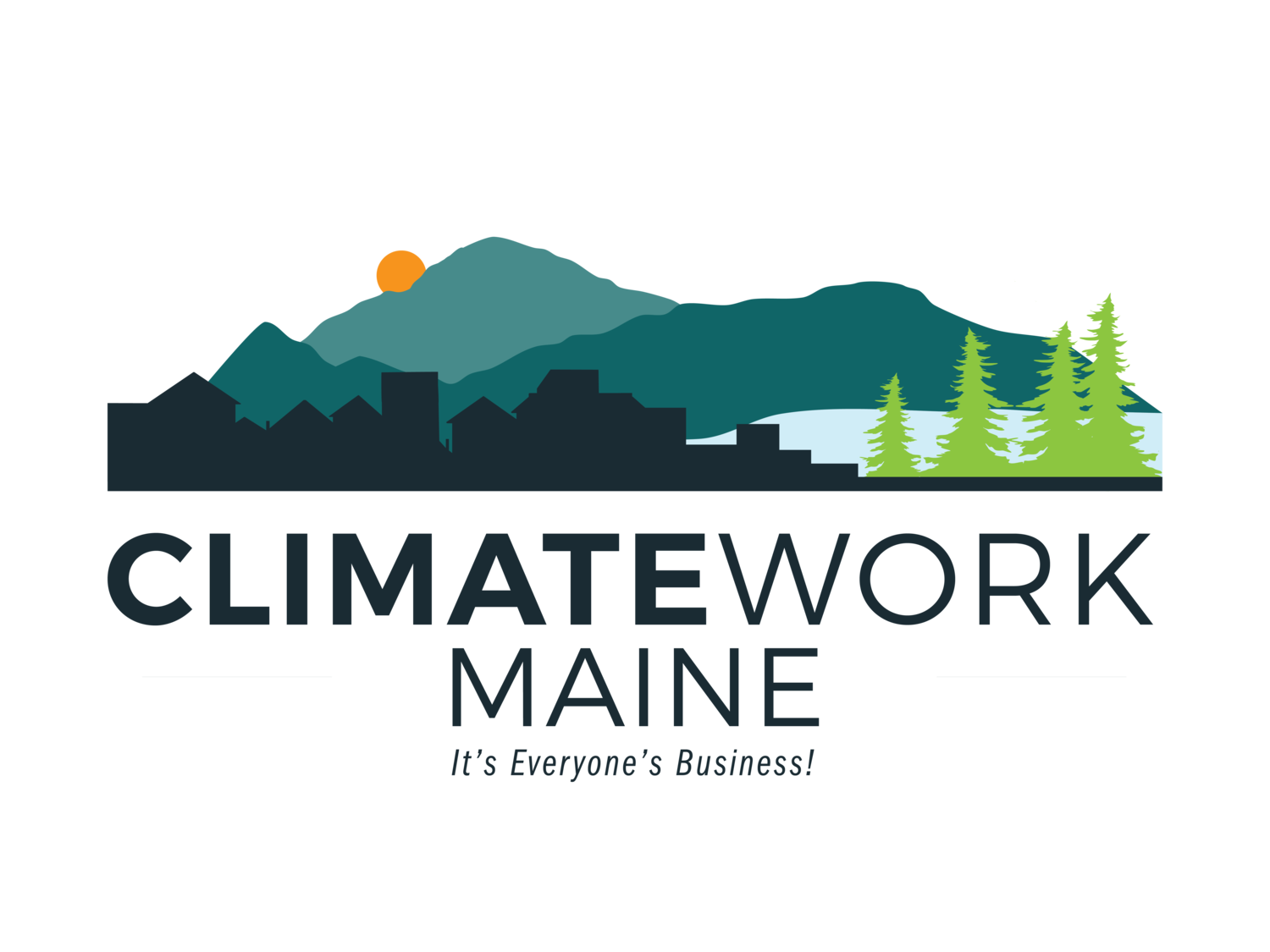Commentary: Business investment in climate solutions should be promoted, incentivized
ABOUT THE AUTHOR
Jeff Marks is executive director of ClimateWork Maine, a coalition of business leaders taking action on climate change.
The election is over, and hopefully, the political and legal wrangling about utility ownership and transmission corridors along with it.
After overwhelmingly defeating a referendum to replace Maine’s largest electric utilities with a publicly owned version, Central Maine Power offered the following olive branch: “As we look forward, we must continue to modernize our grid to support Maine’s climate change goals, connect new renewable resources, and electrify our communities.” I agree, but Maine must go even further to clearly communicate the challenges and opportunities ahead and act quickly on constructive solutions across all sectors, including electricity, buildings and transportation.
2023 is likely to go down in history as the hottest ever, with heat waves and wildfires ravaging multiple continents and calamitous storms, ravenous floods and other billion-dollar disasters becoming the norm. The world is burning, and while climate scientists and advocates are sounding the alarm, others remain cool and quiet, even those who may hold the keys to our salvation.
More businesses are talking about climate change in board rooms across America, but others are “greenhushing” – a practice by which companies keep their corporate mouths shut about their environmental goals and actions out of fear of public backlash. We should be shouting environmental values from our solar-covered rooftops. Instead, many companies are keeping their heads down to avoid disapproval from wild-eyed “drill, baby, drill” advocates devoted to fossil fuels instead of embracing solar, wind, wood and other renewables.
Greenhushing is the opposite of “greenwashing” companies that hype and spin sustainable credentials that they don’t have or cannot achieve, often to con consumers into buying their products or services. Greenwashing examples glut the corporate world. Fossil fuel giant BP changed its name to Beyond Petroleum while continuing to spend 96% of its annual budget on oil and gas. Volkswagen cheated its emissions tests while overstating their cars’ eco-friendly features. Large banks often tout their green investments while lending obscene amounts of money to fossil fuel companies.
We need to positively brand companies that set robust sustainability targets, achieve or exceed them, and publicly celebrate their achievements. Businesses will want to focus on those that deliver the biggest environmental bang for their financial buck and be loud and proud in their efforts to build clean energy products, transition to clean transportation fleets, or invest in clean infrastructure and technologies. As the planet warms, it is particularly critical that businesses advance solutions for the economic, energy and environmental benefit of all global citizens.
So, what shall we call this new and true way of promoting sustainability?
The California Gold Rush of 1848 injected an influx of gold into the money supply and reinvigorated the American economy. With the potential economic wealth in “going all sustainable” on the Earth, let’s start the next “Greenrush” in Maine: reducing market barriers, lowering costs and maximizing cleantech deployment as quickly as possible.
Greenrushing will spur businesses to plan, build and modernize the electricity grid and advance the clean energy sector. A Greenrush will stimulate investments in electric vehicles and residential heat pumps; protect forests and oceans, which absorb carbon from the atmosphere; increase weatherization, especially for small and medium-sized businesses in low-income and rural areas; and support a cleantech workforce to foster innovation and maintain good-paying, sustainable jobs. It will boost agriculture and food, renewable energy, hospitality and tourism, manufacturing, technology and other businesses, and employ thousands of builders, engineers, fishermen and foresters, service, construction and utility workers, and small- and large-business owners and their employees.
Of course, we need more than clever words and jargon. We need ideas that are intelligent, bold, comprehensive and inclusive and help drive our economy forward. Business action to meet environmental goals is essential. Yet, many businesses typically face barriers to action due to lack of financial, human, information or other capacity constraints. To achieve change on the ground, businesses must stay clear of wild and false claims and instead promote their verifiable successes.
Our economy is undergoing the greatest transformation it has experienced since industrialization. Lying about green practices, shutting up about green goals or just not pursuing sustainable alternative is not going to stop wildfires, floods and heat waves, achieve energy independence, or reduce our environmental footprint. We need to rush our clean economy forward, not spread false claims and harbor gratuitous silence. The next Greenrush will bring economic and environmental riches to Maine and the world. Let’s talk about it. Climate change is everyone’s business.
